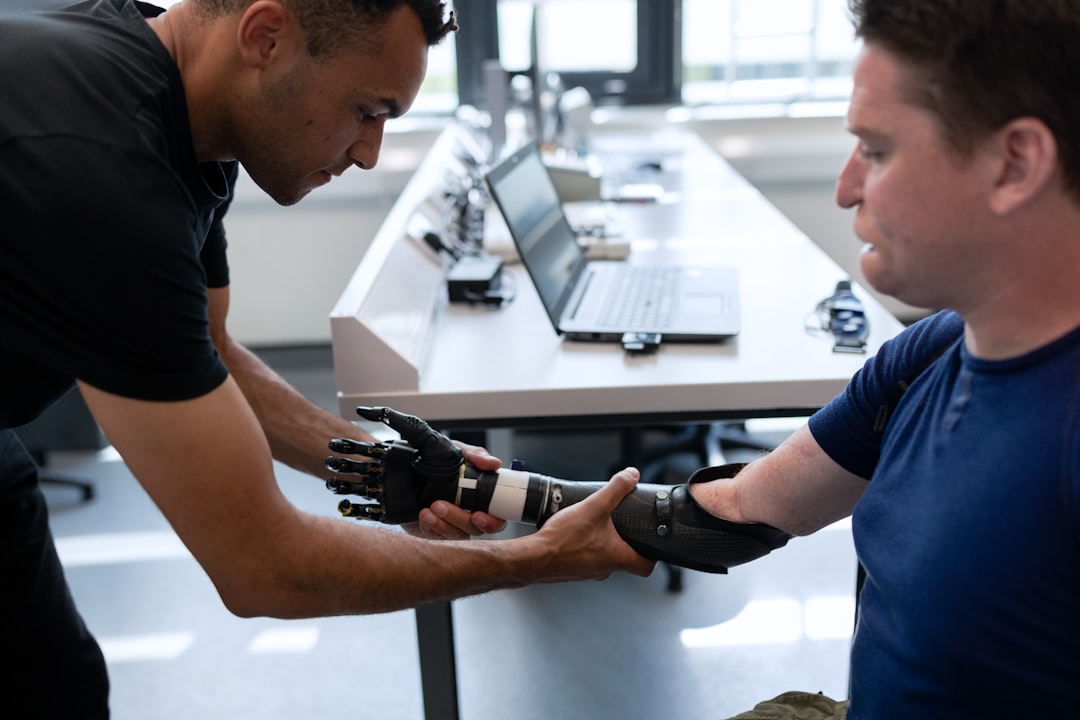What is it about?
Children notice social disparities from an early age (e.g., that some groups of people have more wealth and power than others), and quickly develop biases favoring people from high-status groups. We found that explaining to children that a group with more power created social structures that caused a group-based economic disparity led children to have less bias against the low-status group and made them more likely to act to rectify the inequality. In contrast, telling children that the social structures were created by an unnamed third party did not have these positive consequences.
Featured Image

Photo by Piron Guillaume on Unsplash
Why is it important?
Our research illuminates a key component of explanations for inequality that support the development of adaptive beliefs and behaviors in childhood: identifying the group responsible for creating the social structures that led to the disparities in the first place. This novel insight can be leveraged to inform future interventions aimed at diminishing or preempting bias across the lifespan.
Perspectives
How we make sense of the world—for example, how we reason about why things are the way they are—shapes how we engage with the people and systems in it. Our findings demonstrate this link clearly in the context of inequality: changing how children think about the source of inequality shapes how they interact with low-status others and the status hierarchy more generally. The implications here are exciting, as they suggest that we can change the way children relate to others around issues of inequality by shifting how they make sense of inequality itself.
Rachel Leshin
New York University
Read the Original
This page is a summary of: Structural explanations for inequality reduce children’s biases and promote rectification only if they implicate the high-status group, Proceedings of the National Academy of Sciences, August 2023, Proceedings of the National Academy of Sciences,
DOI: 10.1073/pnas.2310573120.
You can read the full text:
Contributors
The following have contributed to this page










